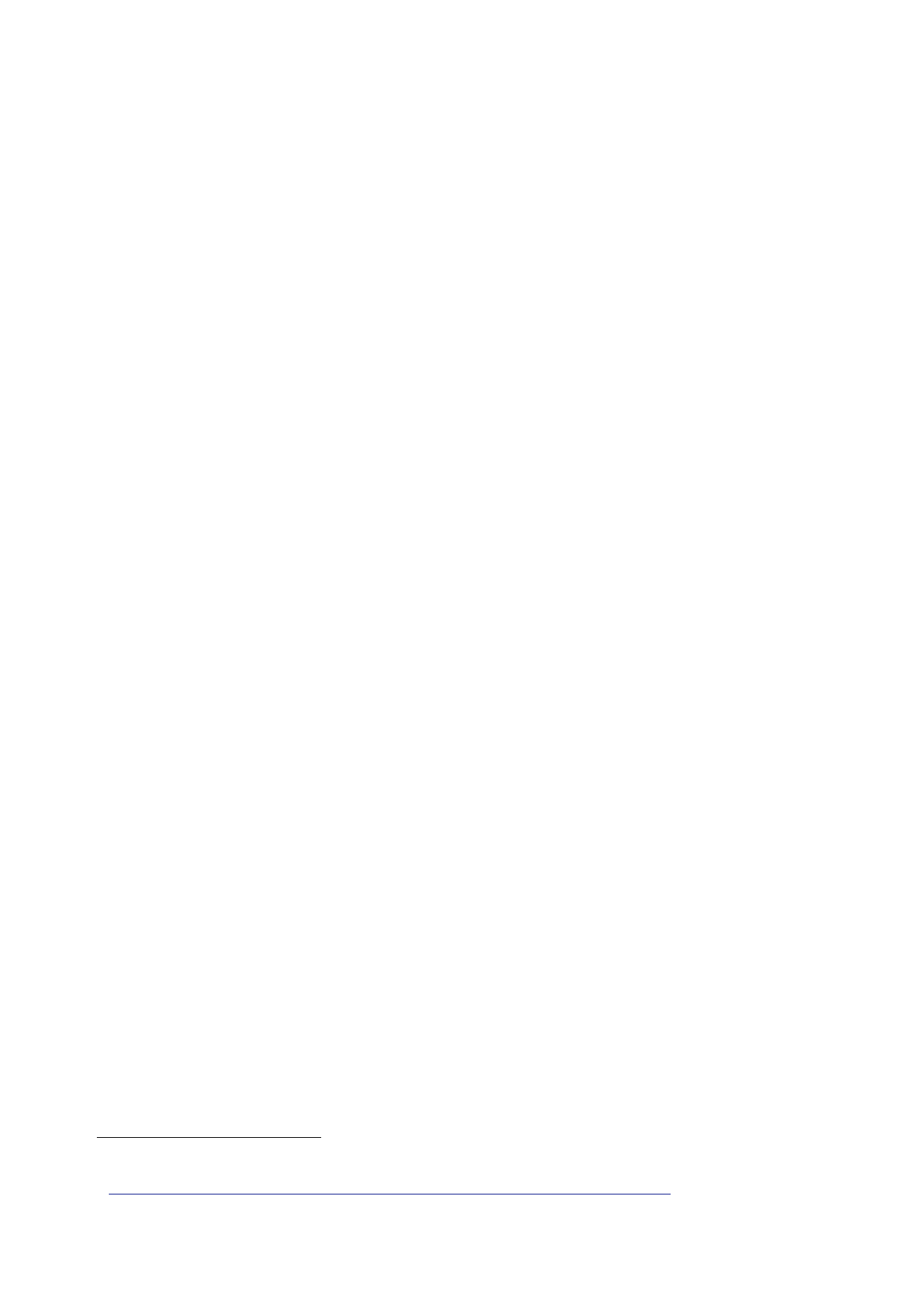
The Report
of the Iraq Inquiry
transatlantic
reasons we have a strong interest in encouraging the French down
this
road”.10
France was
worried that the US wished to “free itself of external
constraints
and its
readiness to consider short‑term and military solutions do not add
up to a
coherent
and sustainable approach to international problems”. It
particularly feared
“the consequences
of an attack on Iraq”.
34.
Subsequently
on 26 July, Sir John advised that France would be “difficult
to bring
on board
for action against Iraq” for the reasons he had set out in his
telegram of
19 February
(see Section 3.2).11
But
“despite opposition in the French media and public”,
there
was:
“… a better
chance with [President] Chirac and his new team in place –
particularly
if certain
conditions can be met (credible plan; answers to the day after
questions;
prospect of
international support and legal cover; consultation with France
in
advance).
Neutrality in the event of action is certainly possible.
Participation
unlikely
but not totally impossible – the French want to have a say in
what
happens afterwards.”
35.
Sir John
added that the new French Government would be “more inclined to
keep
their
doubts private and to engage with the Americans”. The UK needed to
“encourage”
and “to
talk to the French ourselves”.
36.
The key
elements of Sir John’s analysis were:
•
The new
French Government had said nothing in public, in the lead up
to
the
election and subsequently, about possible US military action
against
Iraq. They
had “stuck rigidly to the need for Iraq to accept the
unconditional
return of
inspectors”. That was “partly driven” by their desire “to avoid
public
disagreement
with the US” but also reflected “their belief that the UN
track
represents
the best hope of averting a military solution, and that P5 [the
five
Permanent
Members of the Security Council] consensus is essential to
getting
the
inspectors back in”.
•
“Privately”
the Quai d’Orsay (the French Foreign Ministry) accepted that
the
chances of
avoiding military action were “more or less gone”, and it was
“deeply
concerned
about the implications of an attack on Iraq”, which one senior
official
had
described as “highly unwise”.
•
President
Chirac had more freedom of movement after the election “should
he
choose to
use it”; but he would have his “work seriously cut out in shifting
press
and public
opinion in favour of military action” if that was what he wanted to
do.
•
France was
not encouraged by the absence of progress since
February.
•
UN backing
was “particularly important … not just because of the
Quai’s
approach to
international law, but because they also see it as critical to
winning
10
Telegram
461 Paris to FCO London, 24 July 2002, ‘France‑US
Relations’.
11
Telegram
467 Paris to FCO London, 26 July 2002, ‘Iraq: Attitudes of EU
Partners’.
98
